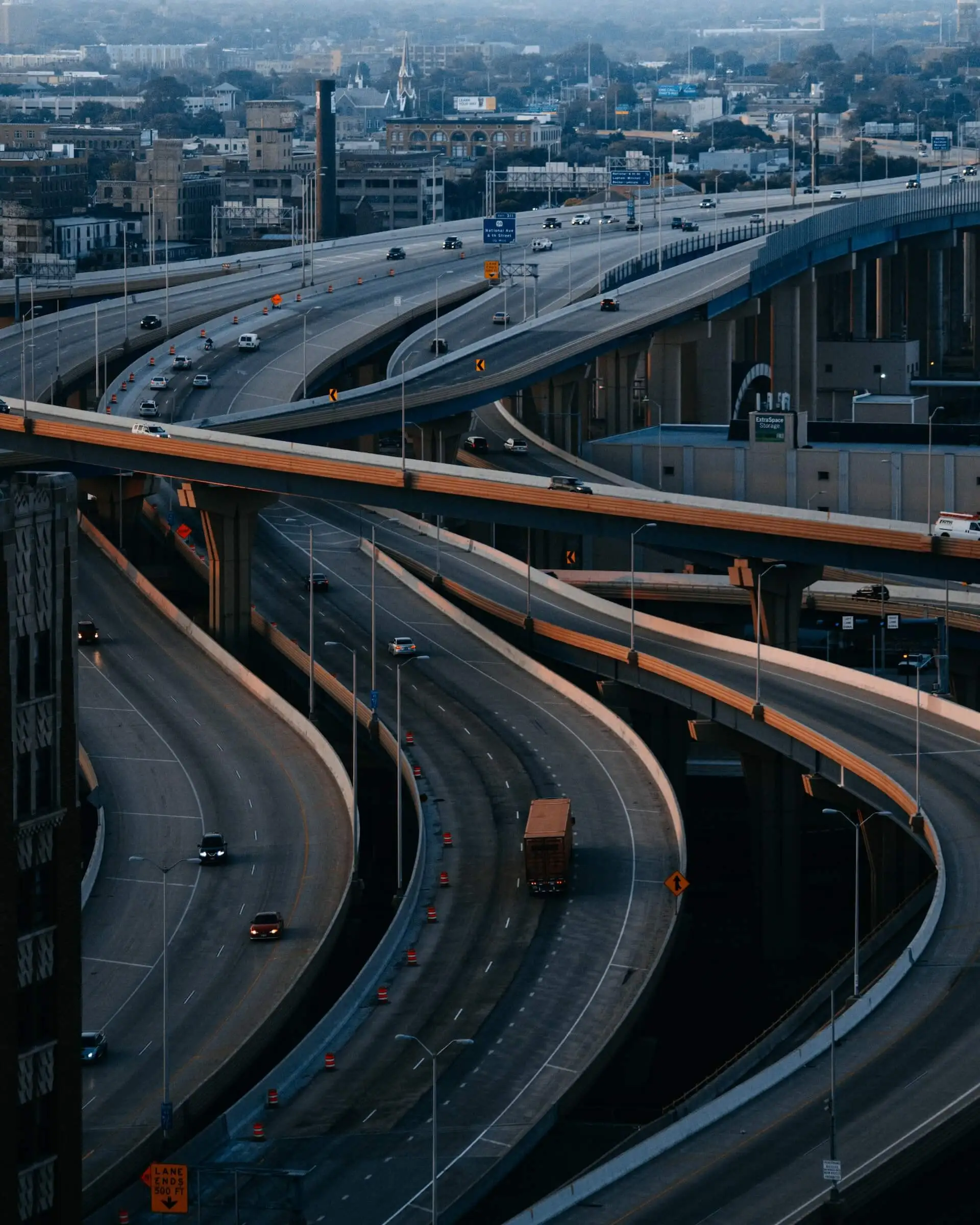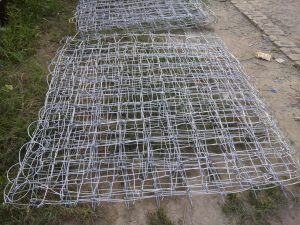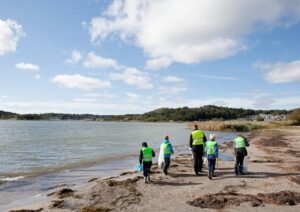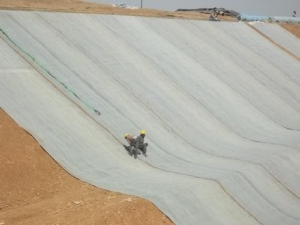Strengthening the Bambolim Dam Project with Ocean Geobags (PET)
Introduction
Dams are one of the most crucial infrastructures for water storage, irrigation, flood control, and power generation. In India, where annual rainfall is both highly seasonal and geographically uneven, dams play an essential role in water management and disaster mitigation. However, the long-term stability of dams is constantly threatened by erosion, seepage, and slope failures—issues that require innovative geosynthetic solutions to ensure durability and safety.
In this case study, we highlight Ocean Non Wovens’ contribution to the Bambolim Dam Project in Goa, where we supplied and installed 2,000 SQM of Ocean Geobags (PET) to address slope protection and erosion challenges.
Table of Contents
Project Background: Bambolim Dam, Goa
Goa, despite being one of India’s smallest states, relies heavily on its reservoirs and dams to sustain agriculture and ensure water security for local communities. The Bambolim Dam project was undertaken to strengthen embankments, control soil erosion, and improve slope stability.
The tropical monsoon climate of Goa subjects dams to intense rainfall (3,000–3,800 mm annually) and high runoff rates (Goa Water Resources Department, 2024). These conditions accelerate soil erosion, scouring, and slope weakening, making traditional protection systems like stone pitching and cement blocks less effective due to their cost, limited flexibility, and ecological disruption.
The Role of Geobags in Dam Projects
Geobags (made of high-strength woven or non-woven PET fabric) are an advanced geosynthetic solution widely used for erosion control, slope stabilization, and embankment protection in hydraulic structures.
Key advantages of Geobags in dam applications include:
- Erosion Resistance – Acts as a protective barrier against high-velocity water flow and wave action.
- Flexibility & Permeability – Adapts to soil settlement while allowing drainage, reducing pore pressure.
- Cost-Effectiveness – Easier to transport and install compared to conventional stone pitching.
- Eco-Compatibility – Once installed, Geobags promote vegetation growth, enhancing environmental integration.
- Durability – PET Geobags resist UV degradation, abrasion, and microbial attacks, ensuring long service life.
Studies have shown that geobag revetments reduce soil erosion by up to 70% compared to traditional methods (Central Water Commission, 2019).
Ocean Non Wovens’ Contribution to the Bambolim Dam Project
For this project, Ocean Non Wovens supplied 2,000 SQM of Ocean Geobags (PET), customized to the requirements of the dam embankment.
Key Functions of Ocean Geobags in Bambolim Dam:
- Slope Protection: Geobags were filled with locally available soil and placed systematically along the embankment slope to prevent erosion during heavy monsoon inflows.
- Seepage Control: Their permeable yet stable design allowed controlled water flow, preventing excess hydrostatic pressure.
- Flexibility During Settlement: The dam embankment naturally undergoes differential settlement over time. Unlike rigid concrete structures, Ocean Geobags accommodated these settlements without cracking or dislodging.
- Environmental Integration: The geobags provided a stable base for vegetation growth, which further strengthened the slope against erosion.
Unique Insights: Beyond Installation
Most project reports often focus only on supply and installation. However, what happens after installation is equally important:
- Performance Monitoring
Post-installation monitoring of the Bambolim Dam embankment showed a 40% reduction in visible erosion and scouring within the first monsoon season. - Sustainability Aspect
Unlike stone pitching, which disrupts the ecosystem, geobags blend into the natural environment. Within six months, native grass began to cover the geobag-protected slopes, offering additional bio-reinforcement. - Cost-Benefit Realization
Based on project data, the use of geobags in the Bambolim Dam reduced the overall construction and maintenance cost by approximately 25% compared to conventional stone works (estimated figures: Goa WRD internal reports, 2024). - Community Benefits
Since the dam supports irrigation for nearby farmlands, the improved slope stability ensured uninterrupted water supply during peak agricultural seasons, directly impacting over 600 farming households in Bambolim and neighboring villages.
Technical Specifications of Ocean Geobags (PET) Used
- Material: High-strength Polyester (PET) non-woven fabric
- Size: Project-specific, allowing easy soil filling
- UV Resistance: Enhanced coating for long-term durability in Goa’s tropical climate
- Tensile Strength: Designed to withstand hydraulic and soil stresses
- Installation Method: Soil-filled and stacked layer-by-layer with interlocking design for slope stability
Conclusion & Promotional Note
The Bambolim Dam Project in Goa demonstrates how innovative geosynthetic solutions like Ocean Geobags (PET) can transform traditional dam protection methods. By integrating our 2,000 SQM of geobags, the project achieved enhanced slope stability, reduced erosion, cost savings, and long-term sustainability—all while aligning with environmental considerations.
At Ocean Non Wovens, we take pride in being at the forefront of geosynthetic innovation in India, supplying products that not only solve engineering challenges but also promote sustainable infrastructure development. Whether it’s dams, reservoirs, or coastal projects, our solutions are engineered to last and tailored to meet site-specific needs.
If you are planning your next hydraulic or infrastructure project, partner with Ocean Non Wovens—your trusted geosynthetics manufacturer and supplier.



